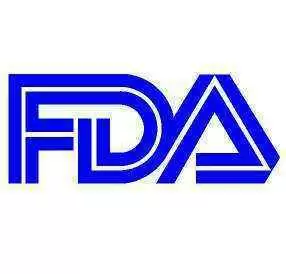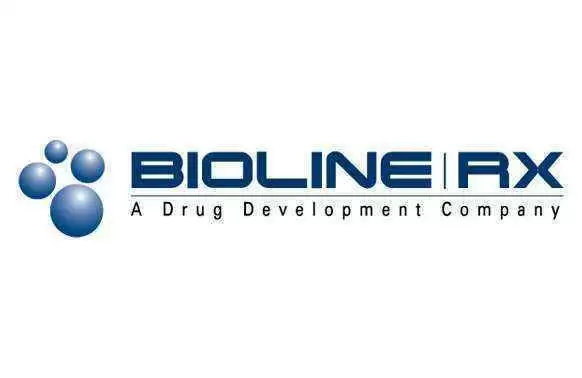
Celiac.com 02/20/2012 - The U.S. Food and Drug Administration (FDA) is gathering information on drug ingredients derived from wheat, rye or barley, to help people with celiac disease make better-informed decisions when buying drugs and other health products.
 Specifically, the FDA is asking pharmaceutical companies for information about any ingredients derived from wheat, rye or barley, that are used to make U.S. products.
Specifically, the FDA is asking pharmaceutical companies for information about any ingredients derived from wheat, rye or barley, that are used to make U.S. products.
Celiac.com Sponsor (A12):
Additionally, the FDA is seeking information about the prevalence of such ingredients, processing steps taken or possible to remove gluten, and any current gluten testing practices.
The FDA is also seeking to understand exactly how crucial ingredients derived from wheat, rye and barley are to the production of any given drug that may contain them, and to press for possible substitutes.
Lastly, the FDA wants to make certain that people with gluten sensitivities get complete information when receiving drugs in a clinical setting.
Overall, the FDA seems to be making certain that the known allergens in wheat, rye and barley are getting proper attention from drug manufacturers.
Stay tuned for the results, and for information on how these FDA actions impact gluten-free issues regarding drugs, health and medical products in the future.
Source:
-
Open Original Shared Link







Recommended Comments